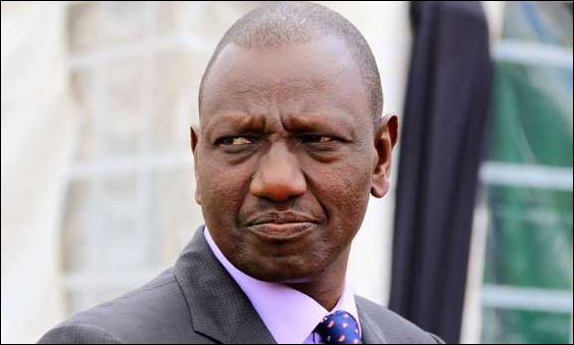×
The Standard e-Paper
Stay Informed, Even Offline

The Jubilee Party now runs the risk of implosion following unprecedented infighting among key officials. The five years of internal stability that Jubilee has enjoyed are better appreciated if it is recalled that there emerged public grumbling among members of Narc as soon as they won the 2002 election, with things worsening all the time until the coalition collapsed after three years.